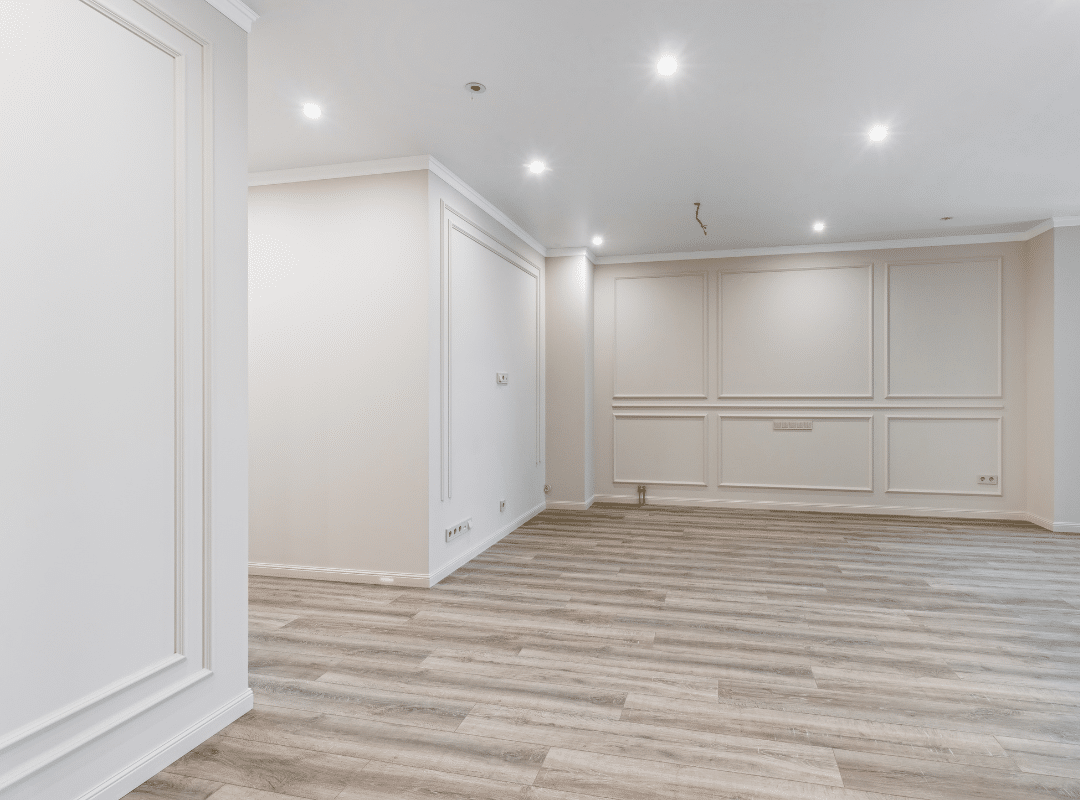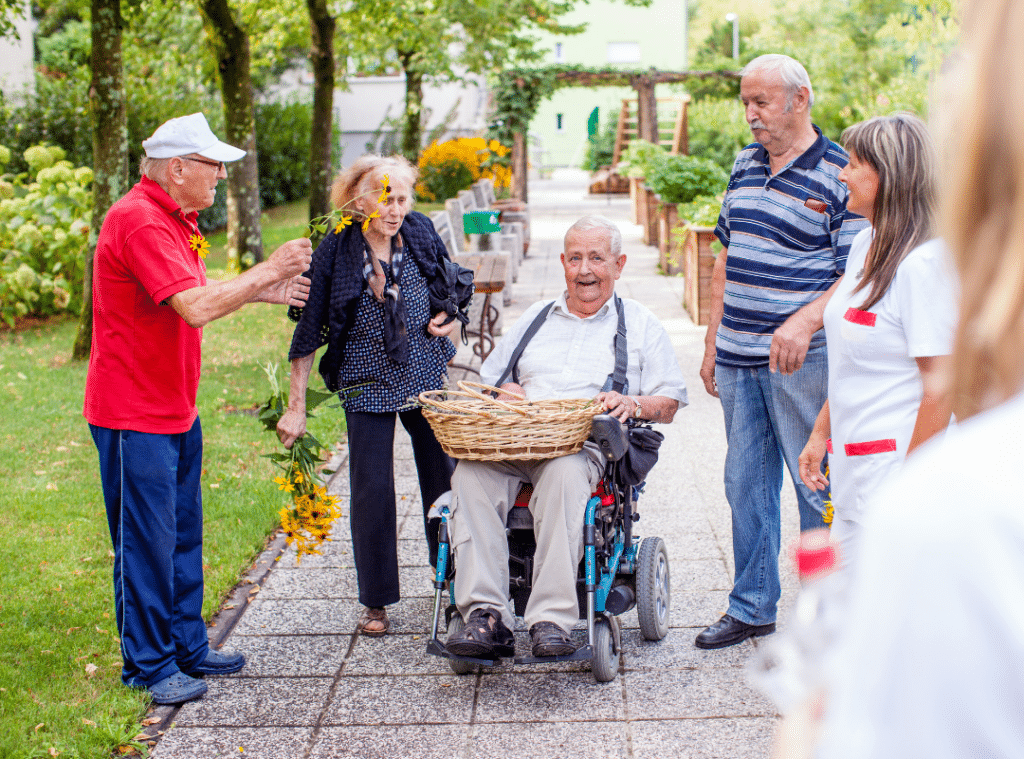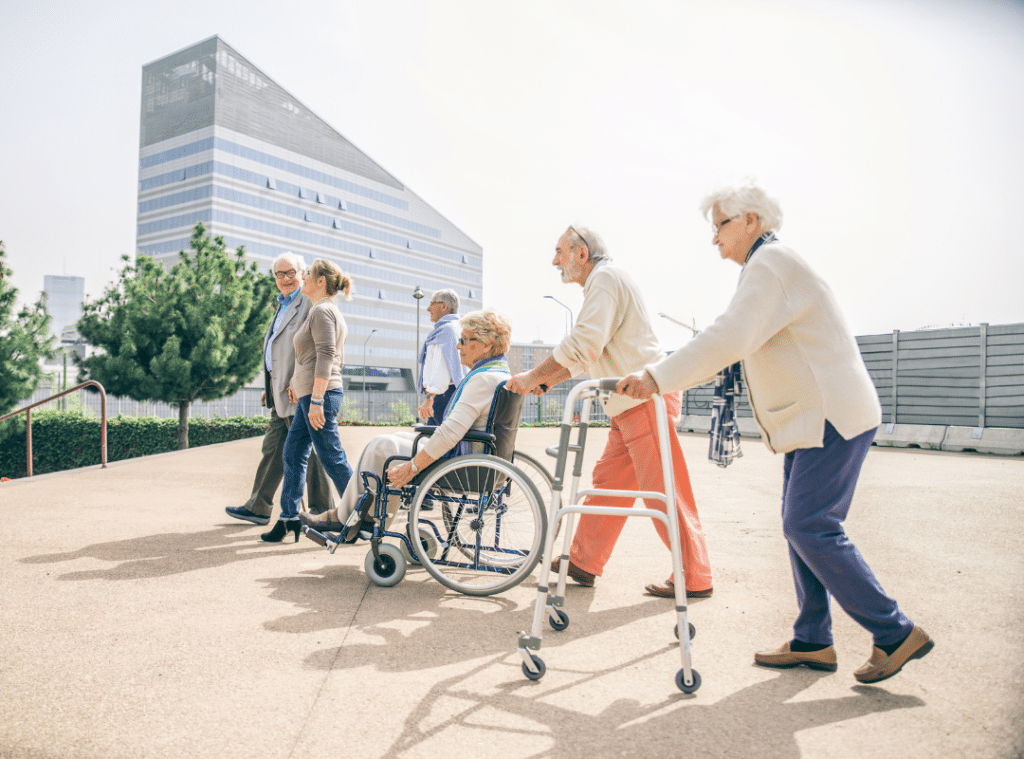Senior Wellness Check: A Guide for Families & Care
Senior Wellness Check: Ensuring Health and Safety for Loved Ones
When it comes to aging loved ones, a senior wellness check is essential for monitoring their health and well-being. At Westmont of Chico, these assessments help identify potential issues early, ensuring seniors receive the necessary care. Being proactive can make a significant difference. But what should families know before scheduling a wellness visit or an Anonymous welfare check on the elderly? Understanding the key elements of these evaluations will help you advocate for your loved ones effectively.
Why Senior Wellness Checks Are Crucial
A senior wellness check is a fundamental part of preventive healthcare, helping to detect health concerns before they escalate. Regular wellness visits are vital for aging individuals who may not always recognize changes in their health. Prioritizing these check-ups ensures that seniors receive appropriate attention, from monitoring chronic conditions to evaluating cognitive function.
These visits also offer an opportunity to discuss lifestyle changes, medication management, and preventive care. By embracing senior wellness checks, families can contribute to improving the quality of life for their loved ones while strengthening their support network. Furthermore, these wellness checks can provide insights into personalized care options tailored to seniors’ needs.
Key Components of a Senior Wellness Check
A comprehensive senior wellness check includes several essential evaluations to maintain overall health:
- Preventive Screenings: Regular tests such as blood pressure checks, cholesterol monitoring, and cancer screenings help detect issues early.
- Lifestyle Assessments: Discussions on nutrition, physical activity, and mental health support encourage a healthier retirement lifestyle.
- Medication Review: Ensuring that prescriptions remain necessary and effective reduces the risk of adverse reactions.
- Social and Emotional Well-being: Addressing loneliness and cognitive health supports overall mental wellness.
These elements contribute to a purposeful life after retirement, allowing seniors to maintain independence while ensuring their well-being. Additionally, regular health screenings help detect potential concerns before they become severe.
Preparing for a Senior Wellness Check Online
Preparation is key to maximizing the benefits of a senior wellness check online. Families should gather medical history, medication lists, and any recent health changes before the appointment. Encouraging seniors to discuss any symptoms or concerns with their healthcare provider can lead to better, more personalized care.
Tips for a Successful Wellness Visit:
- Organize Medical Information: Keep records of medications, past treatments, and recent health issues.
- Encourage Open Communication: Discuss any changes in health, mood, or daily activities before the visit.
- Bring a List of Questions: Prepare questions about medications, diet, and mobility to ensure all concerns are addressed.
- Take Notes: Document key takeaways and follow-up recommendations from the provider.
By following these steps, families can take advantage of a free senior wellness check online and ensure that their loved ones receive comprehensive care. Additionally, prioritizing self-care as a caregiver can improve support for aging family members.
Common Health Concerns Addressed During Wellness Checks
A free senior wellness check is an opportunity to assess and address several common health concerns:
- Chronic Conditions: Managing diabetes, hypertension, and arthritis to maintain quality of life.
- Preventive Measures: Administering vaccinations and health screenings.
- Physical Health: Monitoring weight, nutrition, and physical activity levels.
These evaluations safeguard a senior’s health and contribute to a more fulfilling retirement lifestyle. Additionally, reviewing home safety measures can help prevent falls and injuries.

Mental and Cognitive Health Assessments
Maintaining cognitive and emotional health is just as vital as physical well-being. Senior wellness check questions often include cognitive assessments to detect early signs of dementia or depression.
Signs of Mental Health Changes:
| Concern | Symptoms to Watch | Action Steps |
| Withdrawal | Avoiding social activities | Encourage interaction |
| Mood Swings | Rapid emotional shifts | Offer emotional support |
| Memory Issues | Forgetfulness or confusion | Schedule assessments |
| Sleep Changes | Insomnia or oversleeping | Improve sleep hygiene |
Recognizing these signs early allows for timely interventions that improve overall well-being.
Cognitive Testing Options
To evaluate cognitive function, healthcare providers may use tests such as:
- Mini-Mental State Examination (MMSE)
- Montreal Cognitive Assessment (MoCA)
- Memory Recall Tasks
Early detection of cognitive decline enables families to seek appropriate care and support, ensuring a purposeful life after retirement.
Supporting Seniors During Wellness Checks
Families play a crucial role in ensuring seniors feel comfortable during wellness visits. Here’s how you can help:
- Encourage Family Involvement: A supportive network can ease anxiety about medical visits.
- Use Effective Communication: Listen actively and discuss concerns clearly with healthcare providers.
- Attend Appointments Together: Providing reassurance can help seniors feel more at ease.
- Follow-up on Recommendations: Ensure that necessary treatments or lifestyle changes are implemented.
Providing ongoing support fosters a trusting relationship with healthcare professionals and enhances seniors’ quality of life.
Follow-up Care and Available Resources
After a senior wellness check, ensuring proper follow-up care is essential. Schedule necessary follow-up appointments and explore additional resources, such as:
- Community Health Programs
- Support Groups for Seniors
- Geriatric Care Management Services
These resources help seniors maintain their independence while receiving the care they need. Staying proactive with wellness visits guarantees continuity of care and a healthier, more fulfilling retirement lifestyle.
Prioritizing Senior Wellness at Westmont of Chico
At Westmont of Chico, we prioritize senior health through comprehensive anonymous welfare checks on the elderly. By actively participating in these visits, families empower their loved ones to take control of their health while strengthening bonds of care and support.
For more information and Senior wellness check questions, call 530-767-3886 today.
Frequently Asked Questions
What is a wellness check for seniors?
A wellness check for seniors is a routine visit or call to ensure an older adult is safe, healthy, and managing daily activities effectively. It may involve checking on physical health, mental well-being, and overall living conditions. Wellness checks help identify potential concerns early and provide seniors with necessary support or intervention.
What does a senior wellness exam include?
A senior wellness exam typically includes a review of medical history, a physical examination, vital signs monitoring, cognitive assessments, and screenings for common age-related conditions. It may also involve discussions about medications, lifestyle, and preventive measures. This comprehensive approach helps identify health issues early and supports healthy aging.
What happens if you don’t answer a wellness check?
If a senior does not respond during a scheduled wellness check, caregivers, family members, or authorities may take additional steps to ensure their safety. This can include repeated calls, contacting emergency contacts, or sending someone to visit the senior’s home. In some cases, authorities may enter the residence if there’s significant concern for the individual’s well-being.
What qualifies for a wellness check?
Situations qualifying for a wellness check typically include concerns about an individual’s health, safety, or sudden lack of communication. Examples might be if a senior has missed appointments, stopped answering phone calls, or displayed unusual behavior patterns. Family, friends, caregivers, or neighbors can request wellness checks through local authorities or senior support services.






















